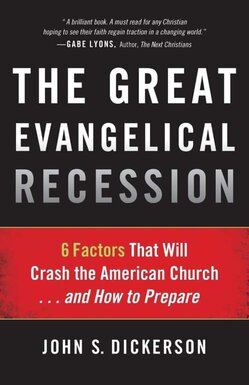I have recently begun to understand that there have been times in my life when I pretended that I was displaying grace, but it was not grace. It was cowardice masquerading as grace.
There are times when the lone, contrary voice needed to be heard and mine was silent. There are times when it would have been right to confront and I failed to do so.

As a poor excuse, I would point to the fact that I don’t understand group dynamics very well, and a properly worded response often comes to me several minutes too late to be helpful. Moses’ response to God in Exodus 4:10 resonates with me, “Oh, my Lord, I am not eloquent, either in the past or since you have spoken to our servant, but I am slow of speech and of tongue.”
The point is that I cannot let fear of saying the wrong thing force me to be silent when something needs to be said. Nor can I allow either the fear of rejection, or even the certainty of rejection, to prevent me from speaking out.
The fact that ten spies chose badly did not prevent Caleb and Joshua from saying what Israel needed to hear. They spoke out and were commended by God for doing it.
I have noticed that there are times in church leadership where unity and uniformity get confused. It is possible to have unity even when not everyone in the group shares the exact same view on an issue. Bringing unity out of diversity is a difficult and sometimes lengthy process. It takes a secure leader or leaders to allow differing opinions to be heard and considered.
But even when there is pressure to conform, the contrarian voice sometimes needs to be heard. Perhaps, in the future, by God’s grace and if he so leads, cowardice will be overcome and that voice will be mine.
One thing we learn from Scripture is that we are not defined by our failures.
What do you think? I’d love to have you express your thoughts in the comment form below.


